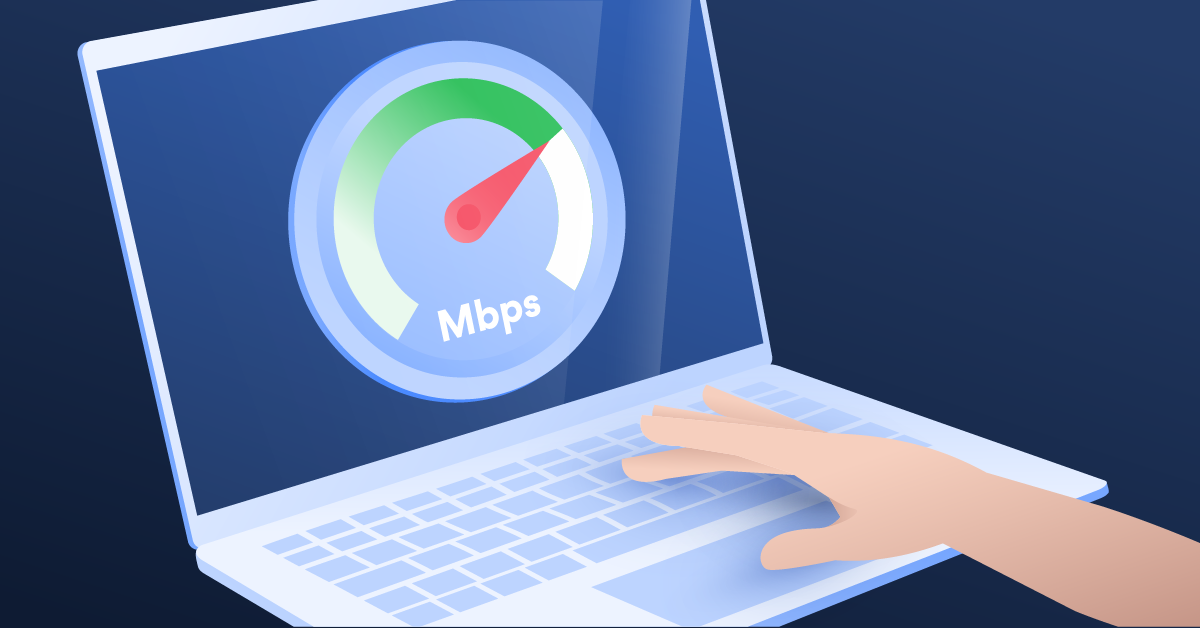Signs You Need Help With Sufficient Network Bandwidth

Getting adequate network bandwidth can take time and effort. Many different factors contribute to this problem. Some common ones are too many users on the network, poor Wi-Fi signals, and slow internet speeds. It would help if you watched out for these things to ensure your network works as efficiently as possible.
Overtaxed Wi-Fi
Using the Internet can be a hassle, especially when you need to start using a fast enough connection. In addition, you may have a weak link if you have many devices running at once, such as a tablet or smart TV.
Fortunately, there are some things you can do to improve your Wi-Fi experience. First, make sure you have a secure password. You can do this by using a software application or setting up an administrator control panel. This will enable you to remove any unwanted devices from your network.
You can also monitor the sufficient network bandwidth your Wi-Fi is providing. For example, if you are playing a game or downloading a large file, you will be able to see if you have enough capacity to support the activity. In addition, keeping track of your bandwidth usage will help you determine which devices use it most.
Another way to improve your Wi-Fi experience is to unplug unnecessary devices, such as smart TVs and Bluetooth. You can also check out your Wi-Fi router’s mobile app to see all connected devices. You can then use the checklist to delete widgets you do not use, such as your cordless phone.
If you still have trouble with your Wi-Fi connection, consider upgrading your router. This will help you increase your connection speed and the number of devices you can use.
Slow Internet Speeds
Having slow Internet speeds can interfere with your tasks on the Internet. For instance, your internet speed may slow if you are streaming videos or working on a large file. However, there are ways to fix this issue.
First, check with your internet service provider. Some companies can offer you faster plans. Another option is to upgrade your device. Older devices have slower processors and less RAM. These devices may not be capable of handling heavy internet use.
Alternatively, you may need to upgrade your router. Upgrading your router may improve your speed and range. Again, this may be possible free of charge from your internet service provider.
Another option is to test your network. For example, you can use an application such as Allconnect to check your network speeds. This can also help you identify the source of your slow Internet speeds.
You may also need to check your router specifications. If your router is older, it may not be capable of handling heavy internet use. If you do not have a wireless gateway, you may need to plug in an ethernet cable to your router.
If you are using a cable internet service, check your “rush hour” times. During this time, many people use their home internet. During this time, network congestion is high.
No matter how fast your Internet connection is, there are times when things will slow down to a crawl. This article will help you sort out what kinds of things can go wrong, learn what you can do about them, and discover how to get the most from your Internet connection.
Windows provides a built-in troubleshooter that can automatically find and fix some common connection problems.
Open the Internet Connections troubleshooter by clicking the Start button and then clicking Control Panel. In the search box, type troubleshooter, and then click Troubleshooting. Then, under Network and Internet, click Connect to the Internet.
Poor Wi-Fi Signals
Getting a poor Wi-Fi signal may signal that your network is overloaded or running on a too-crowded channel. While the exact cause may be tricky to determine, there are some things you can do to improve the strength of your signal.
The first step is to restart your router. This will clean up any stored data. You can also use the admin controls to evict any unwanted devices.
It would help if you also reposition your router. The placement of your router can impact the strength of your signal. Ideally, your router should be in an elevated, clear spot in the middle of your home. You should also avoid placing your router near physical obstructions that can reduce the strength of your signal.
If you are experiencing slow Internet, consider upgrading to a dual-bandwidth wireless router. These devices broadcast on both 2.4 GHz and 5 GHz frequencies.
Another cause of a weak Wi-Fi signal is interference. You can find out if your router is experiencing interference by using a Spectrum or Packet Analyzer. If the results of the test show interference, you may need to move your router to an alternative location or change the channel.
If you are experiencing a weak Wi-Fi signal, add an extender to boost the strength of your wireless signal. In addition, extenders can help you connect to previously unreachable areas.






